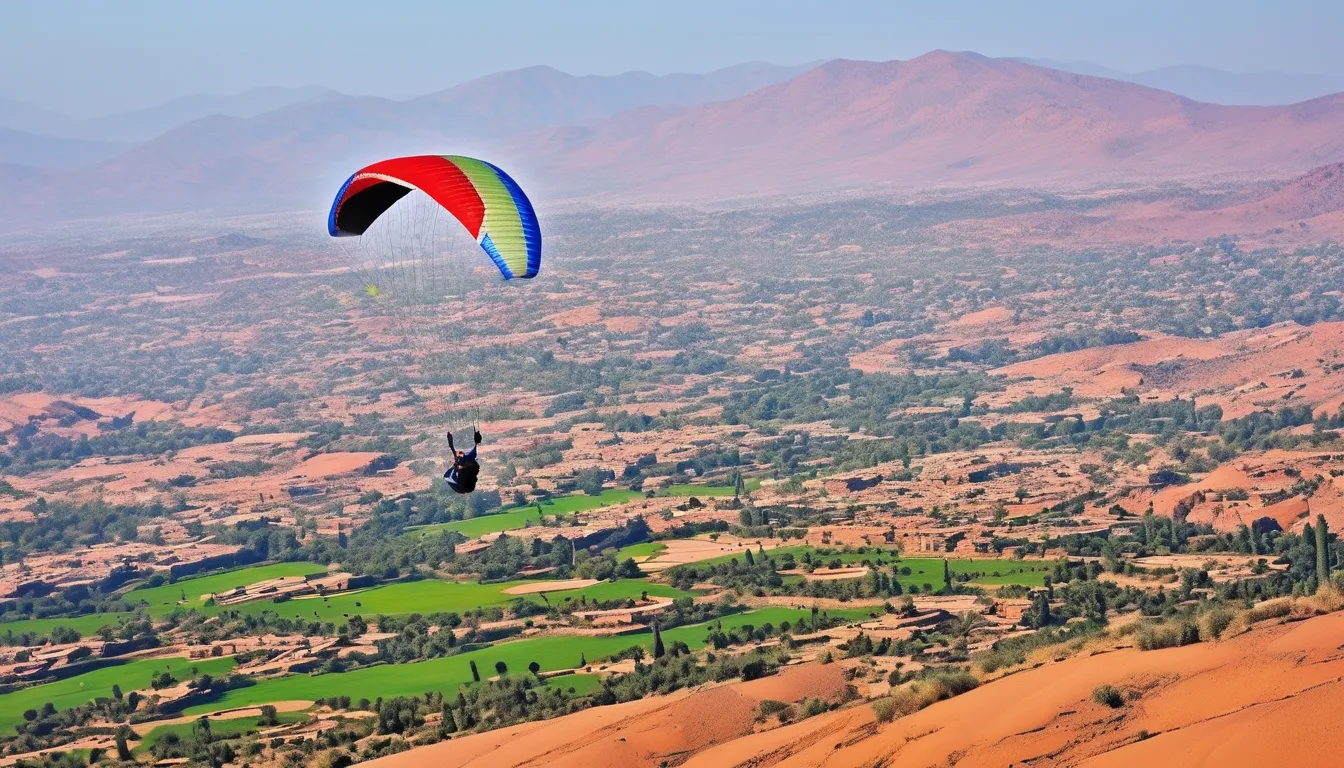When you think about planning your next adventure, it’s essential to start with clear goals that resonate with your interests and comfort level. Consider what you truly want to achieve—whether it’s conquering a mountain or immersing yourself in a new culture. Research potential challenges to ensure they align with your aspirations and skill set. As you map out a detailed itinerary, remember that flexibility can be your greatest ally. But before you start packing, there’s an often-overlooked aspect that could make or break your experience. Curious about what it is?
Define Your Adventure Goals
When planning your next trip, it’s essential to define your adventure goals clearly. Start by asking yourself what you want to achieve during your travels. Do you crave adrenaline-fueled activities like hiking, rock climbing, or surfing? Or are you looking for a cultural experience, perhaps exploring historical sites or tasting local cuisine? Knowing your priorities helps you focus on what truly excites you.
Next, think about the duration of your trip. Are you planning a weekend getaway or a month-long expedition? This decision impacts how you approach your goals. For shorter trips, you might want to concentrate on a few key activities, while longer journeys allow for a broader exploration.
Consider your comfort level too. Are you open to pushing your boundaries, or do you prefer a more relaxed pace? Understanding your own limits can help you set realistic expectations.
Lastly, jot down your goals. Having a written plan keeps you accountable and motivated, ensuring your adventure aligns with your desires. Defining your adventure goals not only shapes your itinerary but also enriches your overall travel experience, making every moment count.
Research Potential Challenges
Identifying potential challenges before your trip can save you a lot of headaches later on. Start by considering the destination and the activities you want to pursue. Research the climate, terrain, and local customs, as each can significantly impact your adventure.
For example, if you’re hiking in a mountainous region, check for seasonal weather patterns and trail conditions.
Next, think about your physical fitness level and how it aligns with the challenges you plan to undertake. If you’re not accustomed to strenuous activities, consider starting with easier tasks to build your stamina.
Also, look into local regulations or permits required for certain activities. Some national parks or adventure sports may require specific permissions or have restrictions in place.
Don’t forget to consider logistical challenges, like transportation and accommodation availability. You might find that some locations are hard to reach or book up quickly.
Create a Detailed Itinerary
After you’ve researched potential challenges, the next step is to create a detailed itinerary that maps out your adventure.
Start by outlining each day of your trip, including the specific activities you want to tackle. Be sure to include the time needed for each challenge, allowing for breaks and travel time between locations.
Next, identify key landmarks and accommodations. Make reservations when possible to secure your lodging and any necessary permits for activities.
Consider your group size and skill levels when planning challenges, ensuring that everyone feels comfortable and engaged.
Don’t forget to include local dining options or grocery stores where you can stock up on supplies. Having a mix of planned meals and spontaneous dining experiences can enhance your trip.
Additionally, jot down any resources or contacts you may need, like guides or instructors, to help with specific challenges.
Prepare for Unexpected Obstacles
Unexpected obstacles can arise at any moment during your travels, so it’s crucial to stay prepared.
Whether it’s a sudden change in weather, a canceled flight, or a language barrier, being ready Atlas Trekkers the unexpected can turn a potential disaster into a simple hiccup.
Here are three strategies to help you navigate challenges smoothly:
- Pack Smart: Bring a versatile wardrobe and essential items like a rain jacket, portable charger, and snacks. You’ll save yourself from hassles if you can adapt to changing circumstances.
- Stay Informed: Keep an eye on local news and weather updates. Download useful apps that provide real-time information about your destination. Being aware of your surroundings helps you make informed decisions.
- Have a Backup Plan: Always have alternative routes or activities in mind. Research nearby attractions or accommodations in case your original plans fall through. Flexibility can turn a setback into a new adventure.
Share Your Experiences and Learnings
Sharing your travel experiences not only enriches your own journey but also helps others prepare for their adventures. When you share stories, tips, and lessons learned, you create a valuable resource that can guide fellow travelers. Whether you write a blog, post on social media, or simply chat with friends, your insights can make a difference.
Start by documenting your challenges and successes. Did you encounter language barriers? How did you navigate local customs? Sharing these details offers practical advice for those following in your footsteps. Include what worked for you and what didn’t—this honesty adds depth to your narrative.
Don’t forget to share the unexpected joys, too. Maybe you stumbled upon a hidden gem or made a lifelong friend. These moments inspire others to step out of their comfort zones. Encourage feedback and interaction; when others share their experiences in return, it creates a community of learning.
Lastly, consider joining travel forums or groups. Engaging with like-minded individuals expands your network and enhances your travel knowledge. By sharing your journey, you not only reflect on your adventures but also empower others to embark on their own thrilling quests.
Conclusion
In planning your adventure, remember that the journey is just as important as the destination. By defining your goals, anticipating challenges, and staying flexible, you can create memorable experiences that push your limits. Don’t forget to document your travels and share your insights; your stories can inspire others to embark on their own adventures. So, gear up, embrace the unexpected, and let your exploration begin—there’s a world out there waiting for you!


